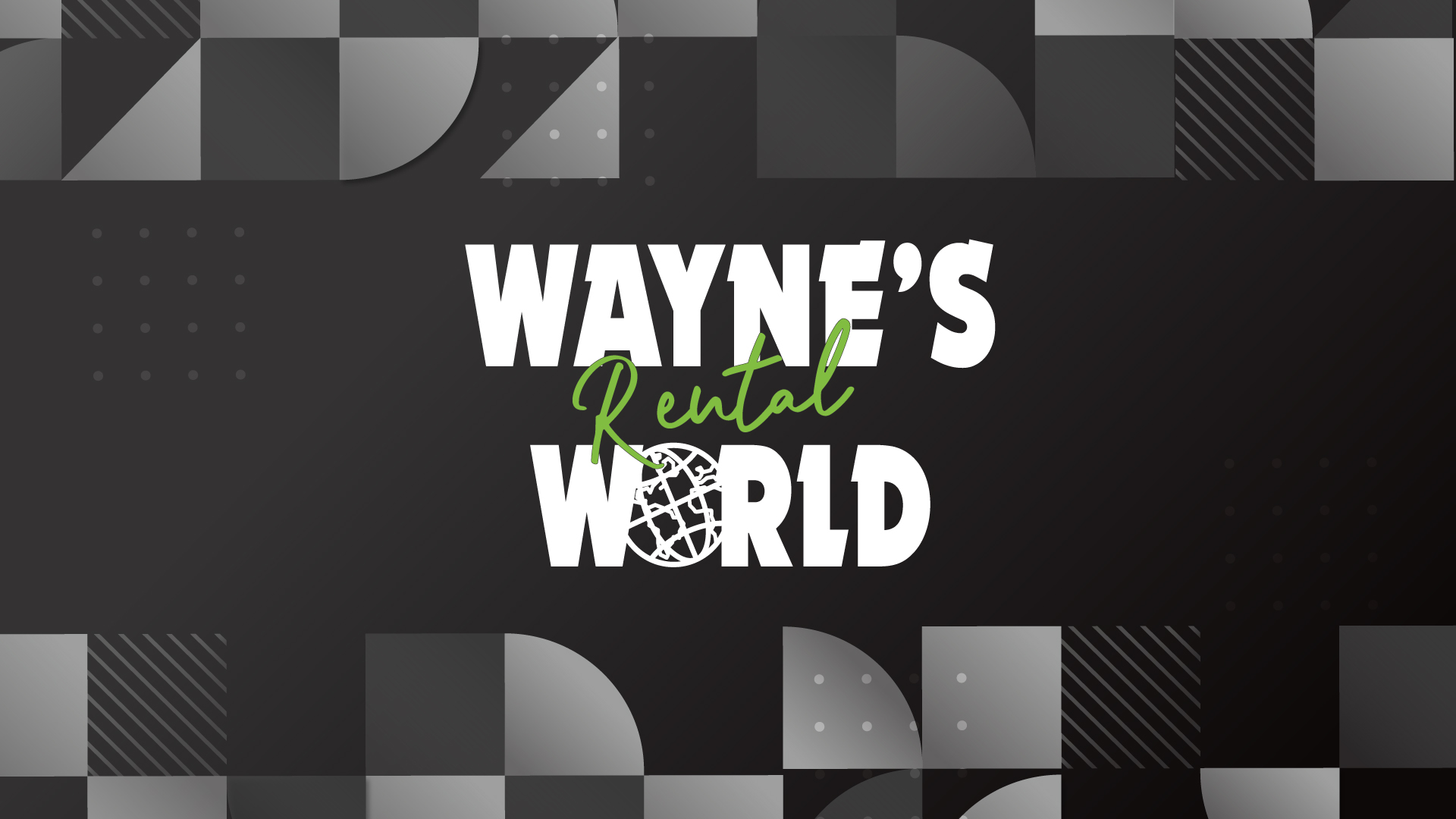Growing up in Ada, Oklahoma, as part of a rental family, I was taught an “ownership mentality” early. To help grow my college fund, I was given an opportunity to buy new equipment for the store with my money, receiving a percentage of the income minus expenses.
The rules were pretty simple: I couldn’t buy equipment that was already in the fleet, so I couldn’t just use the items with the highest ROI and add one. I couldn’t buy equipment that was going to require a bunch of maintenance and upkeep, that was going to tie up our maintenance staff. I had to pay for the expenses related to the items. After the expenses were taken care of, I’d receive a percentage of the profits.
Investing doesn’t have to be limited to your kids, though. Leaders can engage their key employees in thinking about the future of their business by developing a similar investment club. Involving your key employees in a program like this generates wins for you and your team. Why? It produces and maintains an ownership mentality.
When employees are thinking like owners, they’ll:
See the value of quality.
Early on, I thought that the best way to make money quickly was to spend less up front. Then I could get into profitability earlier, sell, and upgrade. After a few months of dealing with equipment that spent too much time in maintenance and not enough time out on rent, I learned that profitability depends on more than just an initial price.
Become champions for equipment.
It doesn’t matter how great an item you have if you’re the only one that knows it. I’d see customers ask for a compressor and our counter staff would just provide one. If they’d asked about the customer’s project, they may have discovered that my hydraulic power pack was actually the right tool for the job, and we’d have had a happier customer (and I’d have gotten a little more ROI).
Be invested in your processes.
When it’s your money on the line, things like item costs, inventory tracking, and pricing of items take on new meaning. Your investors will feel the effects of machine downtime. That leads to new levels of accountability in your leaders and the rest of your team.
Look for great rental items.
The investment team will now have a reason to check new items, read industry publications, and attend shows. They’ll be thinking about ways they can benefit the business and themselves. It’s like brainstorming – you get more ideas and more opportunities to move the company forward.
Think about customer needs constantly.
When they’re doing projects in their own lives, they’ll start asking themselves questions: Which items helped them but were difficult to find? Which items did they buy that they’d have been better off renting? They’ll start to think about the potential market for items.
Sure, all this creates value for your business. But ultimately, it serves a greater purpose: Getting your key employees to buy in increases their engagement, develops them as leaders, and fuels a new generation of rental experts.
And that’s what makes this industry stand out: Our commitment to future generations of rental, whether it’s run by biological family or work family.

